"The impetus behind the new system is to provide more precise results from deployed sensors, which can be incorporated into the many facets that comprise a city. The new sensors include a particle, dust and pollen sensor, a calibrated gas sensor, noise sensors, and light sensors.
In general, calibrated sensors are very expensive – with sonometers costing somewhere around €30,000 each, and requiring three or four to accurately measure sound levels in a city, usually for enforcing noise complaints. Libelium aims to provide sensors of a similar quality, but much cheaper and with the benefits of the cloud platform.
With Waspmote’s modular design, cities could later add additional sensors to the platform to enable more functionality at a much smaller cost than having to go out and buy another communications platform to backhaul the new data.
That expandable business model fits well with the budgetary restraints that cities and municipalities often find themselves under. It enables a modular approach that doesn’t require a massive upfront cost, which might be written off if the city has to move platforms."

|
Scooped by
Judy Curtis / SIPR
onto Smart Cities & The Internet of Things (IoT) May 8, 2015 4:39 PM
|


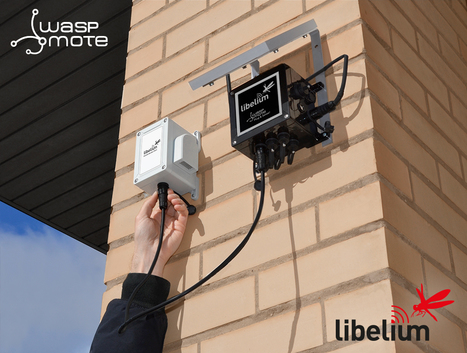


 Your new post is loading...
Your new post is loading...





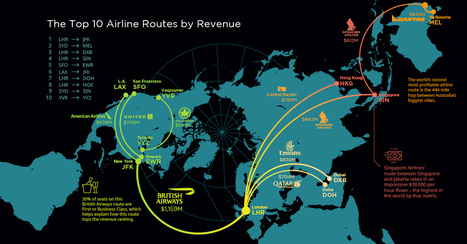


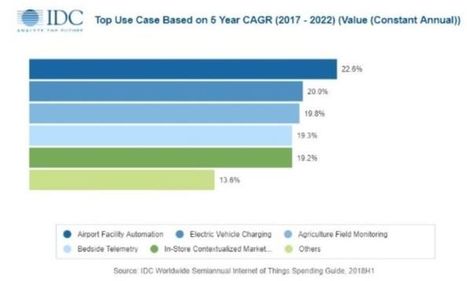
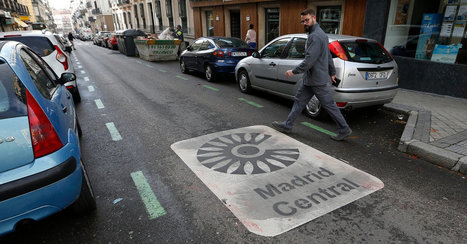





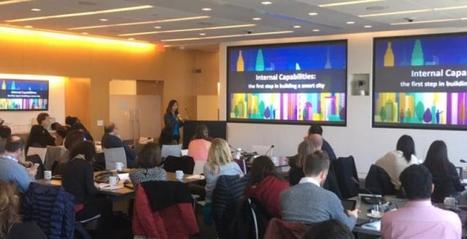




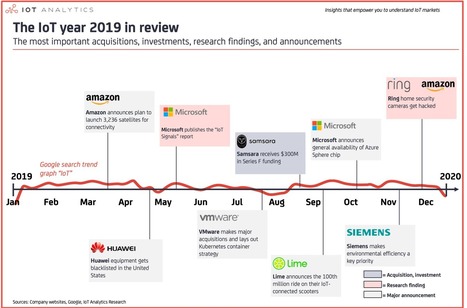
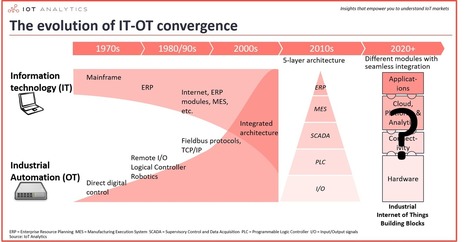

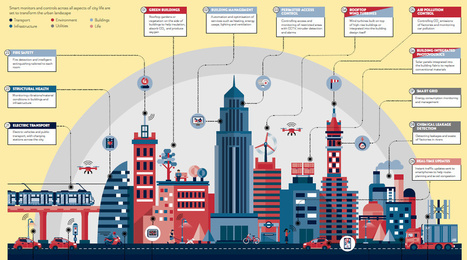


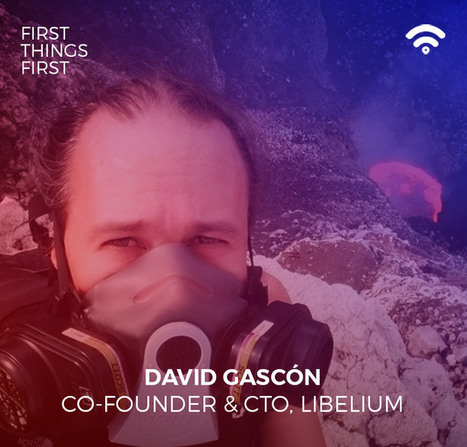

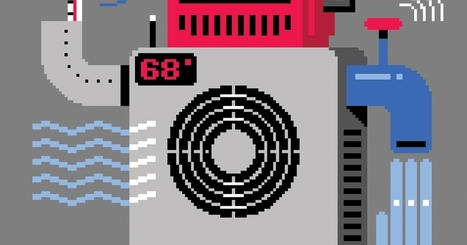









Libelium’s selling point lies in being able to upgrade at a later date using the existing network infrastructure. Interviewed at MWC 2015 by Alex Davies, Alicia Asin pointed to a deployment in Latin America that added new sensor functionality to a previously purchased smart parking system for only 2% of the cost it initially paid for the parking – simply by plugging new sensors into the already-installed Waspmotes.